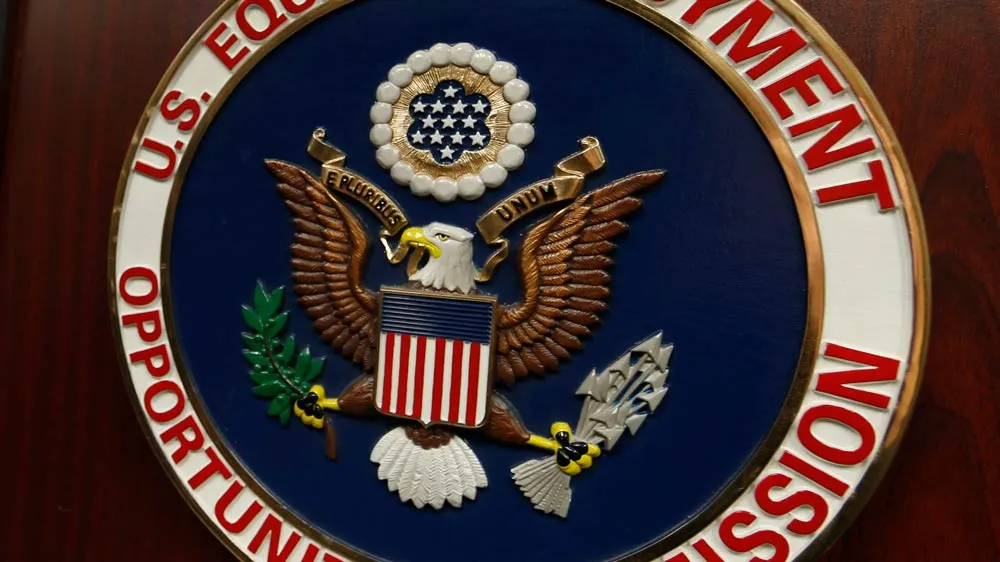June 10, 2011
Cardiac Cells Might Help Fix Heart Damage
Kilian Melloy READ TIME: 1 MIN.
Scientists say they've found cells in the hearts of mice that can make new muscle after a heart attack, raising hopes that doctors can one day help the human heart repair itself.
In an embryo the cells help build the heart, but in adulthood they generally go dormant, said researcher Paul Riley of the Institute of Child Health in London. The new study found a way to reactivate them, he said.
The findings suggest that someday it might be possible to develop a drug for at-risk people to keep those dormant cells ready in case of a heart attack, said Riley, an author of the report in Thursday's issue of the journal Nature. But that would be at least 10 years away, he stressed.
The cells are found in the outer layer of the mouse heart. Researchers found that if they injected mice with a particular substance and gave the animals a heart attack, the cells migrated to the site of injury and made new muscle. They also found several indicators that the heart then worked better, although they said it's not clear whether that's due to the new muscle or other known effects of the injected substance.
Steve Houser, director of the Cardiovascular Research Center at Temple University, who wasn't involved in the study, said other teams have also reported potential repair cells in the heart, including some cells being tested in humans.
He also cautioned that "very little in the cardiac world has translated from mice to man."
Yet, he said the new research was well done and will "stir the field" of heart regeneration studies.
Kilian Melloy serves as EDGE Media Network's Associate Arts Editor and Staff Contributor. His professional memberships include the National Lesbian & Gay Journalists Association, the Boston Online Film Critics Association, The Gay and Lesbian Entertainment Critics Association, and the Boston Theater Critics Association's Elliot Norton Awards Committee.







